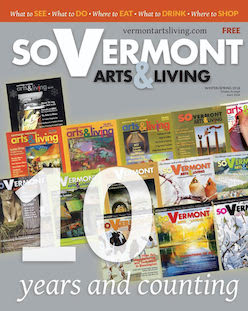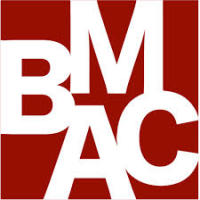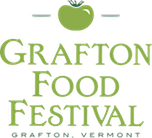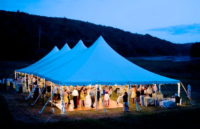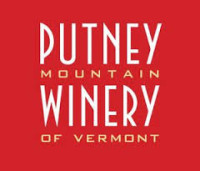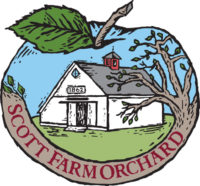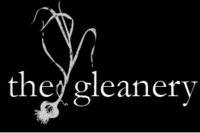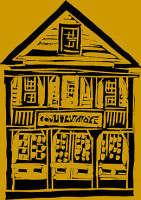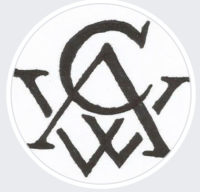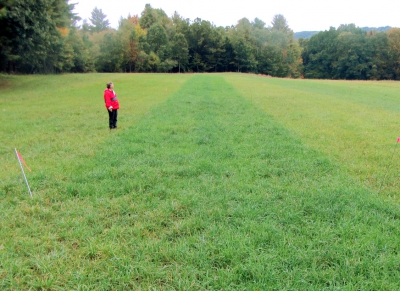
“Hay growing in test strips illustrates the fertilizing power of urine. The green strip in the center received urine fertilizer, while the
lighter adjacent strips did not.”
“When folks discover that recycling their pee can create rich soils, save water, and prevent pollution, they can get very excited. People are signing up right and left.”
The Rich Earth Institute, a non-profit research and demonstration organization founded in 2012, is turning human urine to liquid gold. Lush, green hay thrives where this nutrient-rich source of fertilizer is applied by local farmers.
Why human urine? Because it contains nitrogen, phosphorus, and potassium (N-P-K in fertilizer parlance), says Kim Nace, cofounder and Administrative Director of the Institute, and these ingredients are what’s most needed to grow crops.” Our current “waste” management practices flush these nutrients into our rivers and groundwater where they become pollutants. But as Buckminster Fuller said, “Pollution is nothing but the resources we are not harvesting. We allow them to disperse because we’ve been ignorant of their value.”
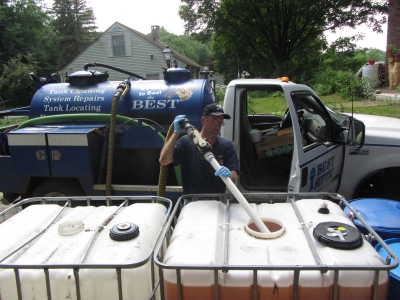
Seth True of Best Septic Service, LLC, pumps urine from a 275-gallon
tank for transfer to the farm. A family of three can produce this much
urine in eight months.
The value of the N-P-K in animal manure has long been evident to farmers, but human urine is equally potent. At the intersection of agriculture and the sanitation industry, the Rich Earth Institute is leading the nation in a groundbreaking, community-scale urine recycling project, and the results are drawing national and international attention.
Using urine diverting toilets, waterless urinals, and urine-collecting portable toilets at public events, people in Southern Vermont recycled 3,000 gallons of liquid gold in 2013. The 2014 collection target is 6,000 gallons and two more farms will be participating in the expanded research project. The Rich Earth Institute is partnering with Best Septic of Westminster VT for collection and transport of the urine.
“People involved with this project have changed their thinking,” reports Nace, “When folks discover that recycling their pee can create rich soils, save water, and prevent pollution, they can get very excited. People are signing up right and left.”
“A year’s worth of urine from one adult contains enough fertilizer to grow 320 pounds of wheat,” Nace continued, “enough wheat to make a loaf of bread nearly every day for a year. If we were to collect and sanitize the estimated 300 billion pounds of human urine produced in the United States each year, we could reclaim the equivalent of over eight billion pounds of chemical fertilizer.”
Regulated by the Watershed Management Division of the Agency of Natural Resources in Vermont, the Rich Earth Institute completes a sanitizing process prior to applying the urine to the hay fields. Storing the urine above 70 degrees for 30 days, or pasteurizing it kills pathogens from any stray fecal particles; both methods have been tested.
This year, the Institute is receiving EPA funding to research the persistence of pharmaceutical residuals from urine in soils, groundwater, and vegetable tissues after pasteurized human urine is applied as fertilizer. The study is being conducted in collaboration with the University of Michigan, University at Buffalo, Hampton Roads Sanitation District in Virginia, and engineering firm Brown and Caldwell. With additional funding from the USDA, field trials on hayfields will build upon trials from previous years to determine best practices for urine application.
Cofounder and Research Director Abe Noe-Hays initiated the Urine Nutrient Reclamation Project to demonstrate the possibility of closing the food nutrient cycle: to test new models of collection and treatment; to design relevant infrastructure; and to work closely with farmers to develop farming methods that incorporate this new, affordable, and local source of fertilizer.
“Farmers are contacting us to get involved and last year we had over 150 people collecting urine!” says Abe, “We didn’t anticipate such immediate success nor such extensive publicity.” The Rich Earth Institute’s activities have been covered in National Geographic Daily News, Modern Farmer Magazine, Grist, BBC Mundo (Spanish) and Gizmodo. Documentary film makers are following this story as well.
For more information or to become a urine donor, visit http://www.richearthinstitute.org.




